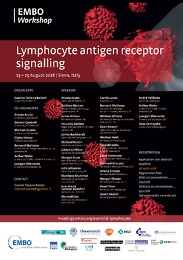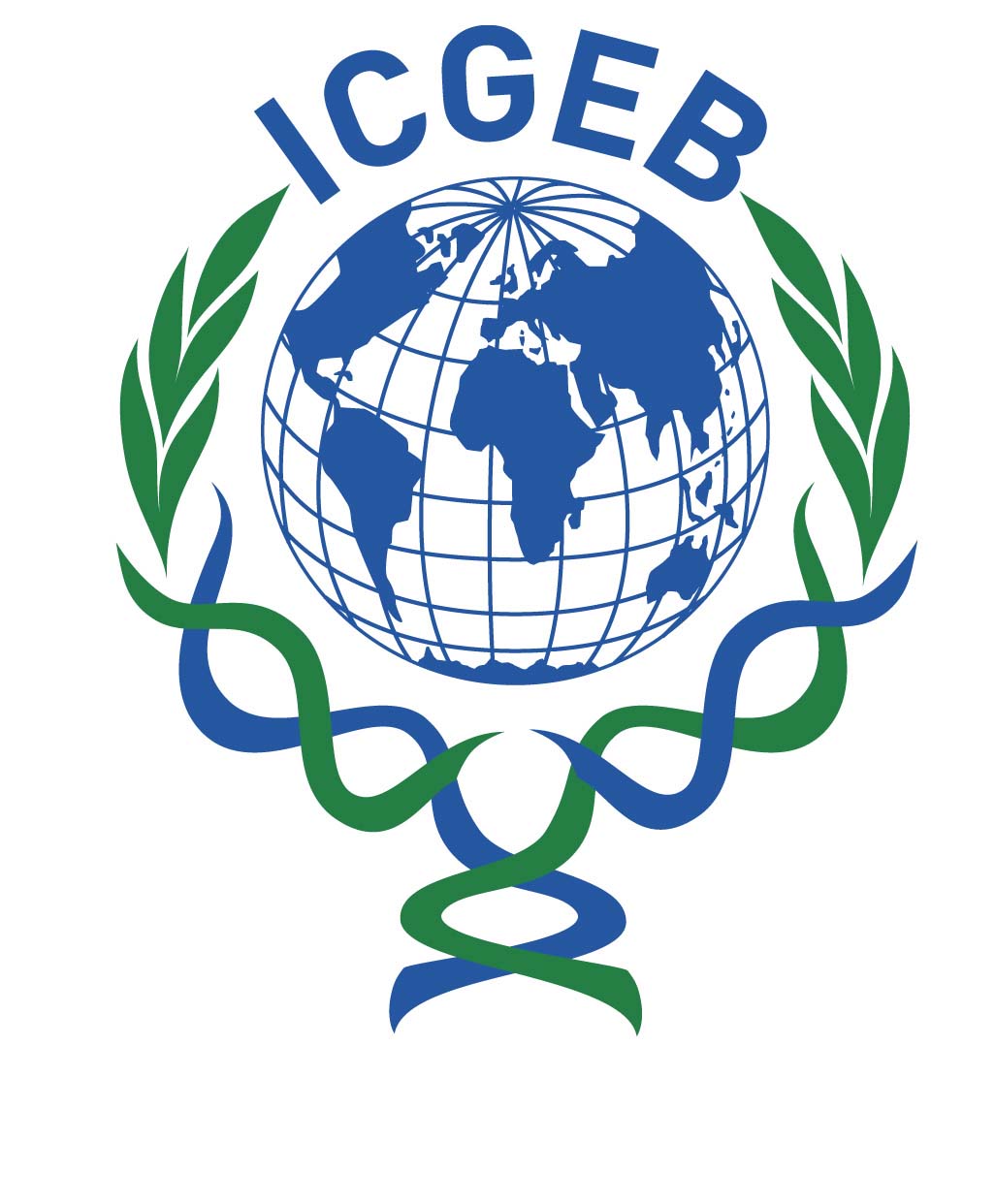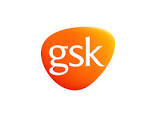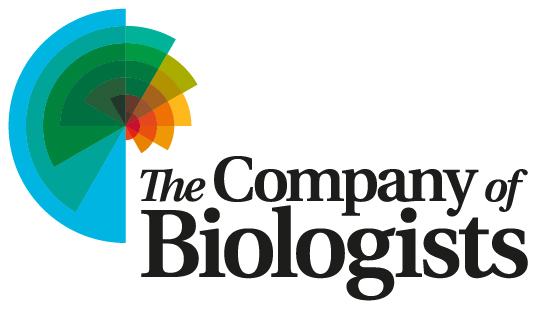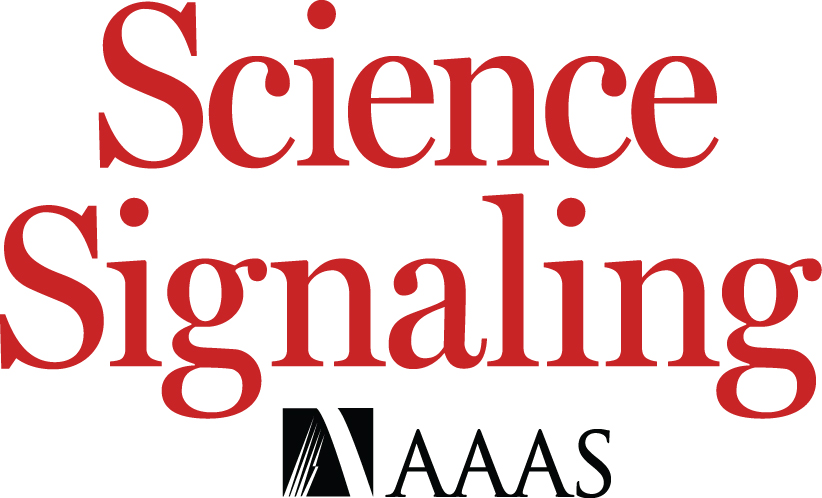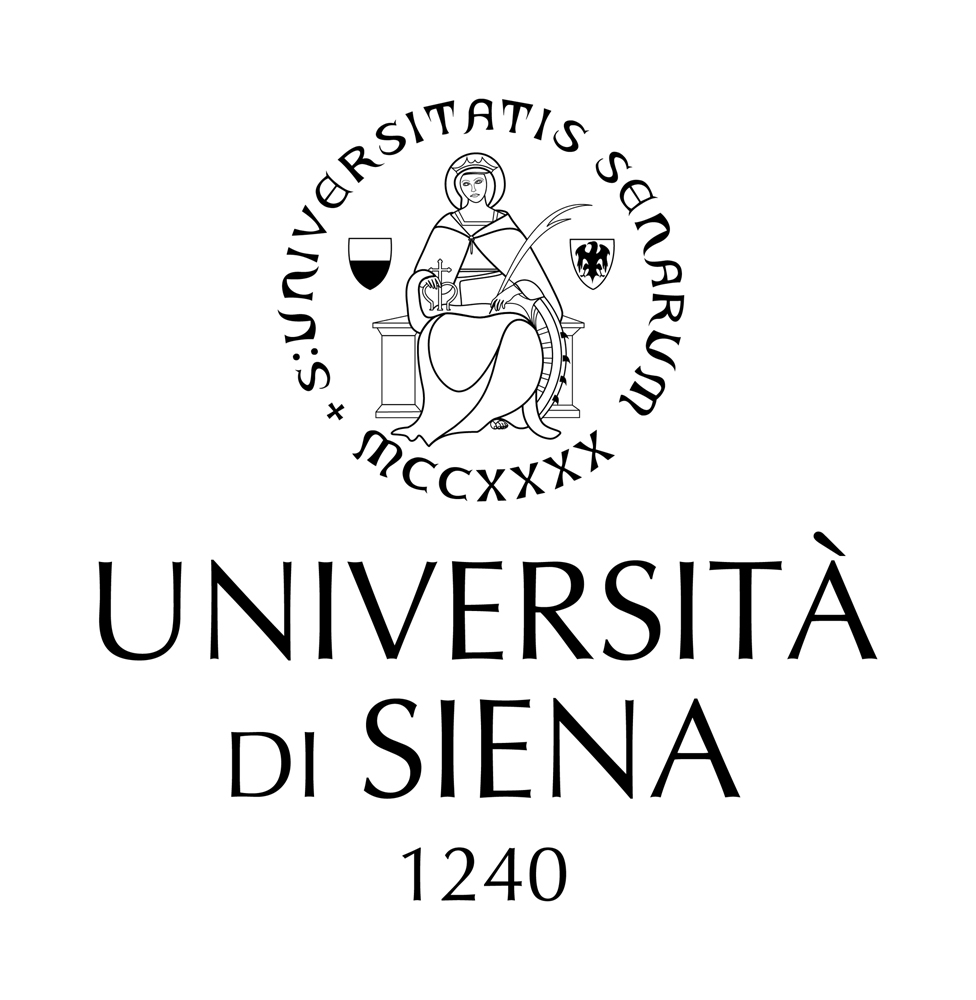About the Workshop
 A remarkable body of knowledge has been accumulated over the last decade on the molecular machinery responsible for antigen receptor signaling, on which initiation and execution of adaptive immunity to infection and cancer crucially relies. Thus equipped, we have been able to study lymphocyte development, activation and differentiation using sophisticated mouse models. With the development of new gene manipulation approaches, high throughput technologies and biophysical tools, we are now able to tackle the complexity of the human lymphocyte responses with high definition.
A remarkable body of knowledge has been accumulated over the last decade on the molecular machinery responsible for antigen receptor signaling, on which initiation and execution of adaptive immunity to infection and cancer crucially relies. Thus equipped, we have been able to study lymphocyte development, activation and differentiation using sophisticated mouse models. With the development of new gene manipulation approaches, high throughput technologies and biophysical tools, we are now able to tackle the complexity of the human lymphocyte responses with high definition.
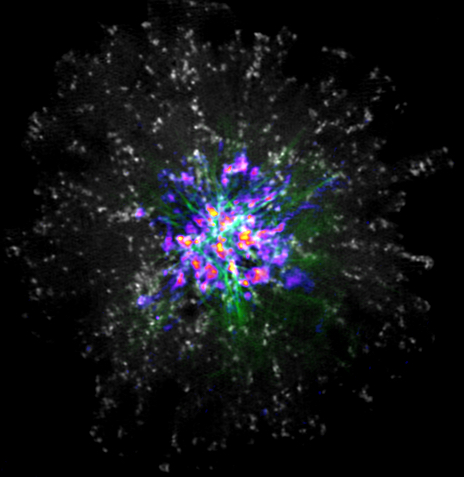


A quantum leap has been achieved with the development of potent imaging and bioinformatic tools that made it possible to to study the immune response in vivo in the complex context of the lymphoid organs, both under homeostatic conditions and during infection, autoimmune disease and cancer. The results of these studies are now being exploited with unprecedented success in the area of translational medicine, with the development of drugs that specifically target these signaling pathways and powerful approaches to engineer T cells for the treatment of immune-related diseases. The principal objective of this EMBO Workshop is to provide a forum to critically assess recent progress in this rapidly moving area of signaling in the immune system.
Image Credits (from the top):
Matthew Krummel and En Cai, Department of Pathology, UCSF, San Francisco, USA
Philippos Demetriou, Kseniya Korobchevskaya and Michael Dustin, University of Oxford, Kennedy Institute of Rheumatology, Oxford, UK
Lakshmi Balagopalan and Larry Samelson, Center for Cancer Research, National Cancer Institute, NIH, Bethesda, USA
Morgan Huse, Memorial Sloan-Kettering Cancer Center, New York, USA
About EMBO Courses and Workshops
EMBO Courses and Workshops are selected for their excellent scientific quality and timelines, provision of good networking activities for all participants and speaker gender diversity (at least 40% of speakers must be from the underrepresented gender).
Organisers are encouraged to implement measures to make the meeting environmentally more sustainable.


